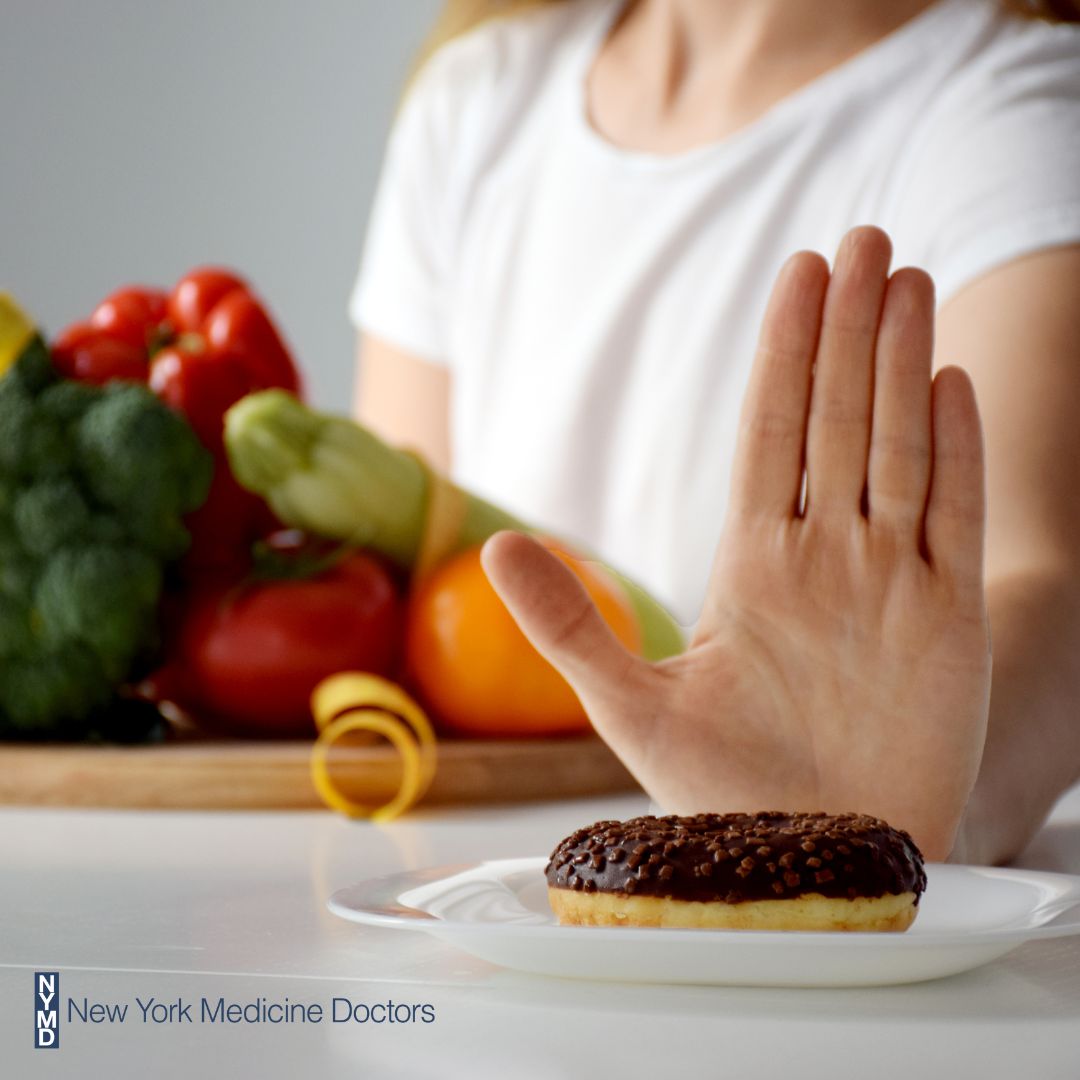
20 Dec The Worst Foods for Fibroids: A Dietary Guide
Fibroids, noncancerous growths in the uterus, can cause a range of symptoms, including heavy bleeding, pelvic pain, and difficulty getting pregnant. While medical treatments are available, dietary changes can also play a significant role in managing fibroids and potentially reducing their size.
Understanding the Connection Between Diet and Fibroids
Fibroids are hormone-sensitive, meaning they respond to the body’s hormonal fluctuations. Certain dietary choices can influence hormone levels, particularly estrogen, which can impact fibroid growth.
The Worst Culprits: Foods to Avoid
- Red Meat (Especially Processed): Red meat, particularly processed varieties like sausages and bacon, often contains added hormones that can mimic estrogen in the body. This can stimulate fibroid growth.
- High-Fat Dairy Products: Non-organic dairy products can contain growth hormones and antibiotics that may disrupt the body’s hormonal balance. Opt for organic or low-fat dairy alternatives.
- Refined Carbohydrates: White bread, pasta, and sugary treats can lead to rapid spikes in blood sugar, which can indirectly affect hormone levels.
- Salty Foods: Excessive sodium intake can burden the liver, an organ responsible for hormone regulation. This can hinder the liver’s ability to efficiently process hormones.
- Foods High in Monosodium Glutamate (MSG): MSG, a common flavor enhancer, has been linked to weight gain and obesity, both of which can contribute to hormonal imbalances.
Dietary Recommendations for Fibroid Management
While it’s essential to avoid the worst foods, a balanced diet rich in the following can help manage fibroid symptoms:
- Fiber-rich foods: Fruits, vegetables, and whole grains can help regulate hormone levels and promote healthy digestion.
- Lean proteins: Opt for sources like fish, poultry, and legumes to support overall health and hormone balance.
- Healthy fats: Include foods like avocados, nuts, and olive oil to promote hormonal health.
- Antioxidant-rich foods: Berries, leafy greens, and colorful vegetables can help combat inflammation and oxidative stress.
By making informed dietary choices, you can take control of your fibroid symptoms and potentially improve your overall well-being. Remember, it’s crucial to consult with your healthcare provider to discuss a personalized dietary plan that suits your individual needs and medical history.





Sorry, the comment form is closed at this time.